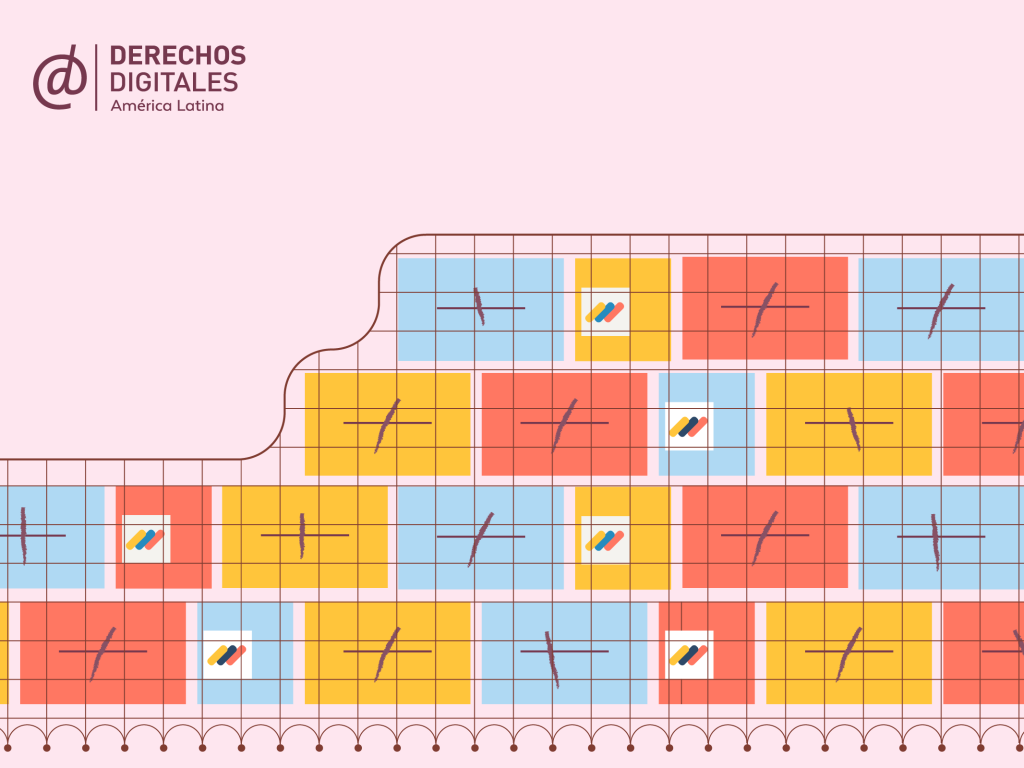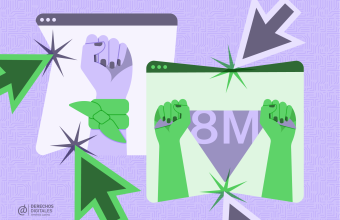On July 28th, 2024, Venezuela held its presidential elections, with widespread participation in all polling stations inside the country and abroad. The journey went by calmly until the National Electoral Council (CNE) announced the results, declaring the current president, Nicolás Maduro, the winner with 51.20% of the votes counted.
After Maduro’s celebratory images were released, Edmundo Gonzalez and Maria Corina Machado, the opposition candidate and the central opposition figure in Venezuela, made statements rejecting the CNE’s figures. The statement was not merely an act of on-air defiance: the promise of having the evidence in hand is a frontal challenge to the opponent’s capability to give a convincing and quick response to his self-proclaimed victory. It is worth reminding that the CNE, as an electoral authority, is not considered an independent entity but an extension of the official power, as well as other public powers.
Relentless multidimensional repression
In the days following July 28th, there was no explanation of the election results, and a relentless repression of protests against Maduro’s declaration of victory resulted in at least 24 deaths and more than 2,000 arrests by August 4th, according to Maduro’s announcements. The number of people detained, disappeared, and killed during the protests, as well as reports of restrictions to obtain private defense or investigation of the cases, are alarming and add to a history of human rights violations that is intensifying these days.
Criminalization applies not only to those who protest but also to those who participated as table witnesses during the elections and who, as part of their civic exercise, were responsible for observing the entire electoral process and the minutes obtained after the transmission of the votes.
Beyond the repression on the streets, and perhaps less obvious to international observers, the government has used technology in its efforts to control any questioning of the official narrative. On the one hand, there are countless testimonies of how the security forces confiscate the phones of detainees without any guarantees of privacy and confidentiality of their communications. On the other hand, they have also implemented sophisticated surveillance systems.
Automating surveillance and distrust
To understand this, we need to go back to 2022, when the government launched a smartphone application called VenApp. This application would serve as a platform to report deficiencies in public services, such as a power outage. However, little is known about its development or how it would protect the data entered by users. To use the application, users must provide their ID number, phone number, and sometimes home addresses through georeferencing.
After the elections, a tab was added to the application: it allows users to denounce protesters and other opponents on the platform. The president himself announced the new feature, encouraging the population to use it. Basically, anyone can now denounce their neighbors for participating in destabilizing acts, according to their own criteria, including blocking public roads, a popular way of demonstrating against the deficiency of essential services. A week after the elections, the government announced the receipt of more than five thousand denunciations through the application and promised to attend to all of them.
This measure represents another step in a persecution strategy based on social fragmentation and political polarization in a society already affected by multiple crises. In addition to VenApp, it relies on other technological mechanisms, such as instant messaging groups and social media, created for the same purpose: to encourage neighbors to denounce each other so that the government can intervene with its repressive apparatus. According to media reports, there have already been victims of this communal surveillance practice.
While it is doubtful that the government is truly capable of handling all the reports that come through its various channels, the mere possibility – added to the daily and historical record of human rights violations and abuses – is enough to intimidate and silence any voice of outrage in the face of injustice.
The role of technology companies is also evident in the Venezuelan context. In addition to counting on companies willing to develop functionalities designed for political persecution, the Maduro government relies on the absence of content controls on some platforms to promote its network of denunciations in social media groups. WeChat and Telegram have been pointed out as the president’s favorites. In the case of Telegram, the messaging app is well-known for its weak security guarantees and the absence of control over the distribution of information – compared to another mass-use app in Latin America, WhatsApp – and has recently been promoted by authoritarian leaders in other countries in the region.
The same happens with application blockades, which require the collaboration of Internet providers to be carried out. Two weeks after the elections, and still without an official response from the CNE, the government decided to go after social media platforms and experiment with different ways to isolate Venezuela. Besides boycotting WhatsApp, the country’s most popular instant messaging application, it has also decided to block Signal, which is preferred by those looking for more security and more robust encryption in their communications, essential at this time of intense political persecution. Meanwhile, the government ordered a ten-day block on the social network X (formerly Twitter), one of the primary sources of information for many Venezuelans.
How did we get here?
Over the years, the ruling party in Venezuela has implemented various mechanisms to control access to information and limit freedom of expression; the actions taken after the last electoral process are not unprecedented or novel. In fact, activists inside and outside the country have long denounced them.
The communication hegemony established under Hugo Chávez has given way to the systematic reduction of traditional media critical of the government. Reducing all media to near extinction has been a trademark of this period. It is important to keep this in mind because, nowadays, reliable sources of information with varied perspectives are scarcely available digitally and rely heavily on citizen journalism to exercise freedom of expression. In addition to the administrative measures against media in force in several states of the country, there are multiple restrictions to digital media, which are also registered after the electoral period.
Conversely, the government has encouraged the use of official digital tools for different functions, as in the case of VenApp, which is not usually transparent about its providers or the guarantees of protection and security offered. This has included, for example, surveillance technologies for identity verification. While the country faces an ongoing humanitarian crisis, the implementation of biometric systems to control the acquisition of basic necessities has led to several reports of discrimination against foreigners and, in particular, transgender people in recent years.
What follows
Nearly two weeks after the elections, the opposition has a web page with the support of the minutes kept by the witnesses at the polling stations and continues to demand answers from the CNE with the publication of the official results and the implementation of the corresponding audits. The international community has been active and present since the election day, demanding transparency and pressuring the CNE to release the results. Meanwhile, human rights organizations and activists are overwhelmed by the number of abuse cases they have to process, in addition to the personal risks involved in exercising their activism.
While the firmness of the opposition and the solid international support are politically positive, the social tensions and the consequences of the reprisals will continue until a political solution is found. We at Derechos Digitales remain vigilant, with our channels and our Latin American program for Digital Resilience and Defense available to support the crucial work of Venezuelan civil society. Together with more than a hundred organizations, experts, and activists, we are urgently calling for an end to the violent repression, surveillance, and censorship in the streets and on the networks.

 Futuro del trabajo
Futuro del trabajo 12 de marzo - Día contra la censura en línea
12 de marzo - Día contra la censura en línea Día Internacional de la Mujer
Día Internacional de la Mujer